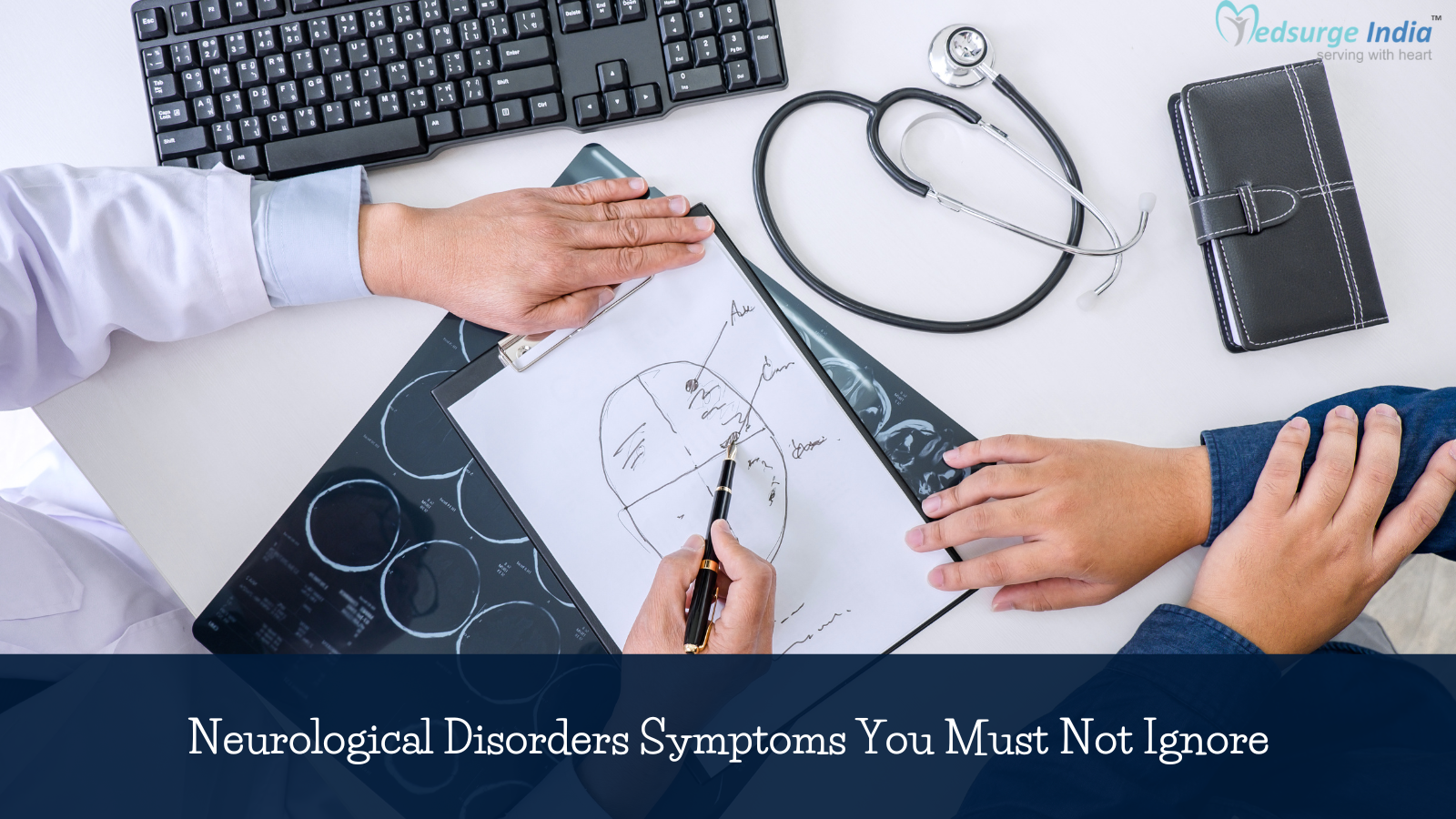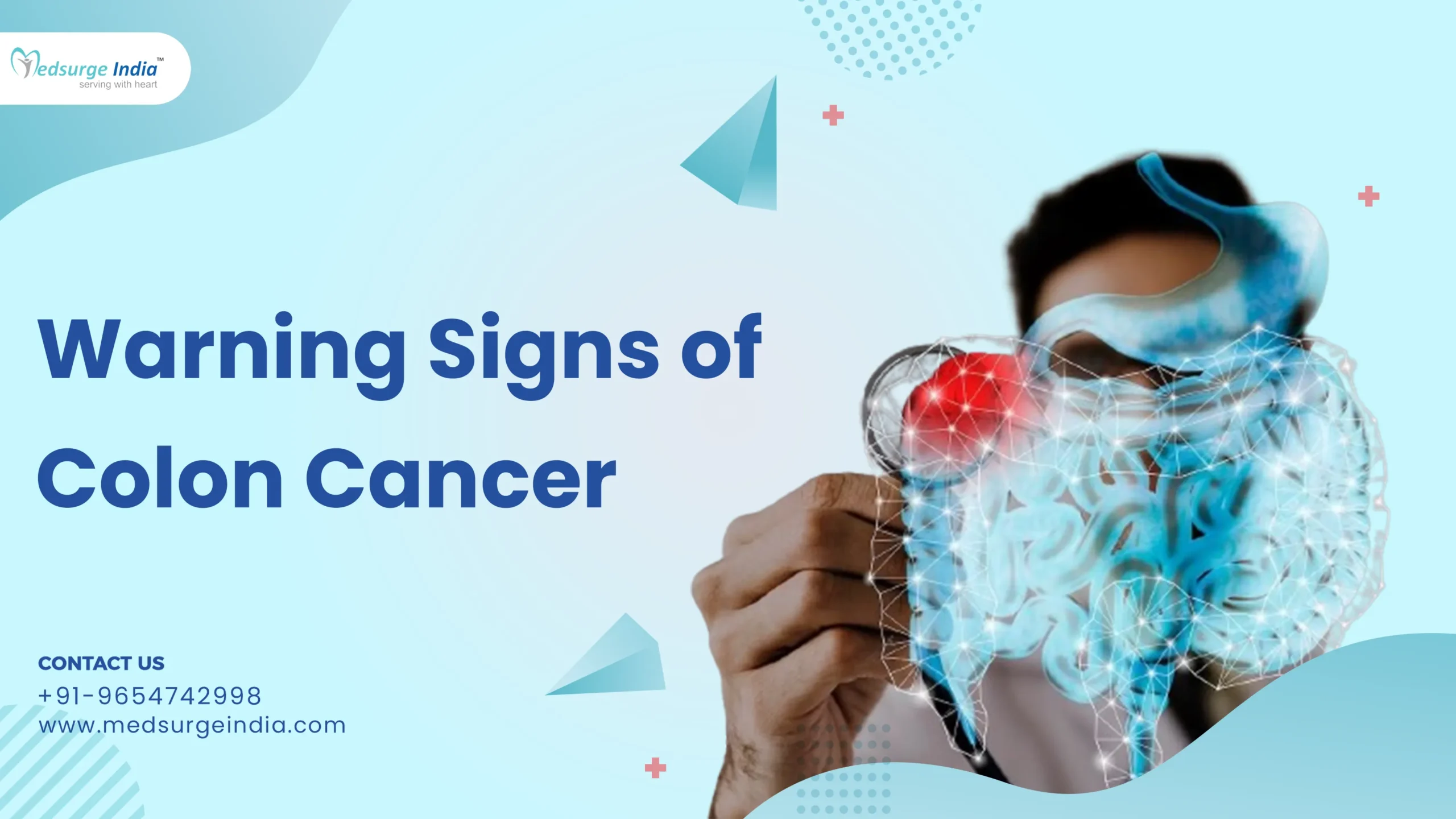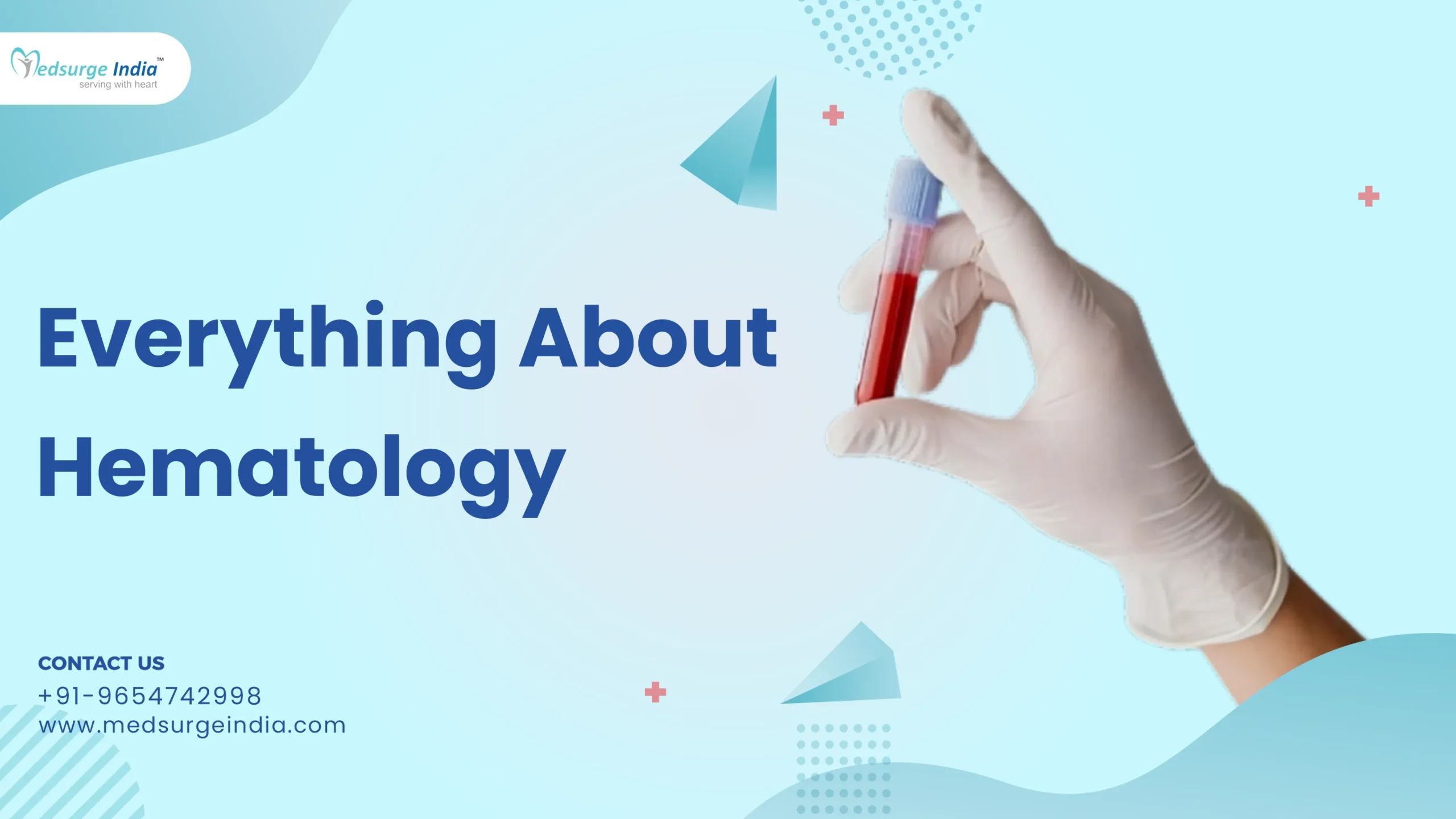
5 Neurological Disorders Symptoms You Must Not Ignore
Neurological diseases affect up to one billion people worldwide or nearly one in every six people. Alzheimer’s, Parkinson’s disease, epilepsy, migraines, multiple sclerosis, and stroke are some of the most common neurological conditions. Neurological disorders affect both the central and peripheral nervous systems, affecting how well the brain and nerves function. Because neurological ailments can have serious consequences in a person’s life, early detection is important.
Symptoms are used by your body to alert you when something is out of the ordinary. The most effective way for a patient to detect a disease early on is to learn to listen to their bodies and be aware of any symptoms. Understanding neurological disease symptoms is absolutely essential because they can help you get the right diagnosis and treatment.
Let’s understand in detail about five common neurological symptoms:
Headaches – Headaches are one of the most common neurological disorders that can affect anyone at any age. While a headache isn’t usually cause for concern, you should see a doctor if it occurs suddenly and frequently, as this could indicate an underlying condition.
Even though headache disorders such as tension-type headaches and migraines are not life-threatening, managing chronic pain can be crippling. There are numerous headache condition treatments available today that can help you resume living a more normal life.
Stroke – A stroke is the medical term for when the blood supply to a portion of the brain is cut off. Without adequate blood flow, the brain cells in the damaged area lack the necessary oxygen and nutrients to function and survive.
There are three types of strokes:
- Ischemic stroke: It is brought on by a blood clot in a blood artery supplying the brain,
- Hemorrhagic stroke: It happens when a blood artery in the brain bursts
- A sudden interruption in the blood flow to the brain causes a transient ischemic attack (TIA).
- As the brain’s affected region’s cells degenerate, they lose the ability to carry out essential tasks. The area of the brain affected by a stroke will determine the symptoms a person may encounter.
Memory Loss – Memory loss is a common complaint, particularly among the elderly. Memory loss is a common side effect of ageing. Entering a room without remembering why, for example, may be very natural. Other symptoms, such as dementia or Alzheimer’s disease, could indicate a more serious condition. Forgetting the names of close family and friends, getting lost, having difficulty managing money, having difficulty with daily tasks, leaving the stove on, and having language issues are just a few of the symptoms. Concerns may also be raised if behavioural changes occur alongside memory loss.
Because dementia is a slowly progressive disorder, it should be diagnosed by a neurologist. There is no known cure, but there are treatments and drugs available that can help control the symptoms.
Epilepsy and Seizures – Epilepsy is a common neurological symptom that causes abnormal electrical activity in the brain, increasing your chances of having frequent, unprovoked seizures. Unprovoked seizures are those that are not caused by drug or alcohol use or withdrawal, as well as other medical conditions such as severe electrolyte imbalances or extremely high blood sugar levels.
The problem is that having one seizure in your life does not necessarily mean you have epilepsy. If you have two or more of these symptoms, you may have epilepsy. Seizure symptoms can vary depending on where the seizure originates in the brain. It is critical to see your doctor following a seizure. Medication is the most common and effective method of controlling epilepsy. In a suitable patient, epilepsy surgery may be used to remove the seizure focus in the brain, which can be curative.
Partial or Complete Loss of Vision or Total Eyesight Loss – When the brain’s occipital lobe, which regulates vision, is damaged, a person may experience a partial or total loss of vision. This neurological vision impairment is associated with double vision, photophobia (a problem in bright light), fuzzy or foggy vision, and other symptoms. Because the person is unable to perceive or comprehend their surroundings, interacting with others will be difficult.
The issue is that having one seizure in your life does not always indicate that you have epilepsy. You may have epilepsy if you have two or more of these symptoms. The symptoms of a seizure can differ depending on where the seizure originates in the brain. Following a seizure, it is critical to see your doctor. The most common and effective method of controlling epilepsy is medication. Epilepsy surgery may be used in a suitable patient to remove the seizure focus in the brain, which can be curative.
Helpful – Neurosurgery Cost in India
Bottom Line
The best strategy to handle such diseases is always early discovery and prevention. Support and care are the other things that are very important. People who experience any of these symptoms will find it easier to manage their helplessness and sadness if they have a strong support system and care from those around them, which will aid in their healing. If you suspect that you or a friend may be experiencing any of these symptoms, you should seek immediate medical attention by visiting the top neurologist in India. The best neurologists from India have been hired by many prestigious hospitals, to assist and counsel patients with neurological illnesses. Also, the cost of neurosurgery is less in India than in other well-known nations, and the country provides the finest surgeons and facilities.













